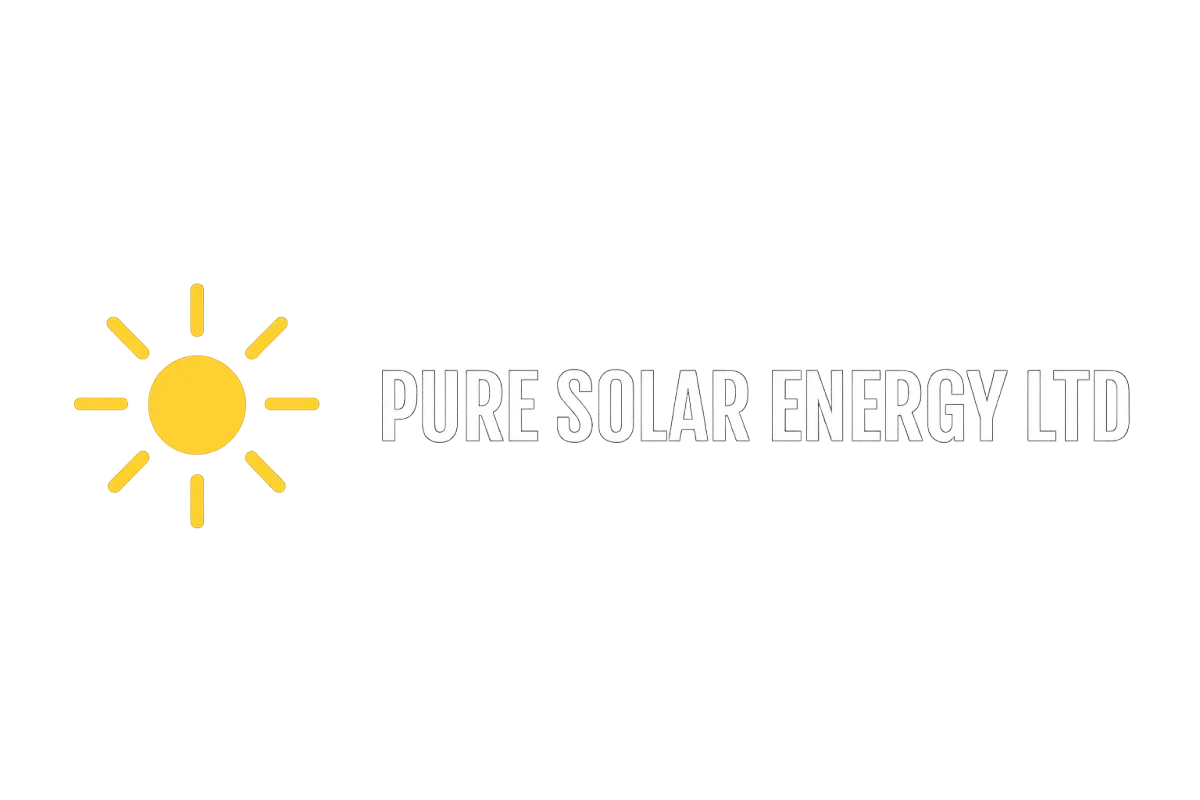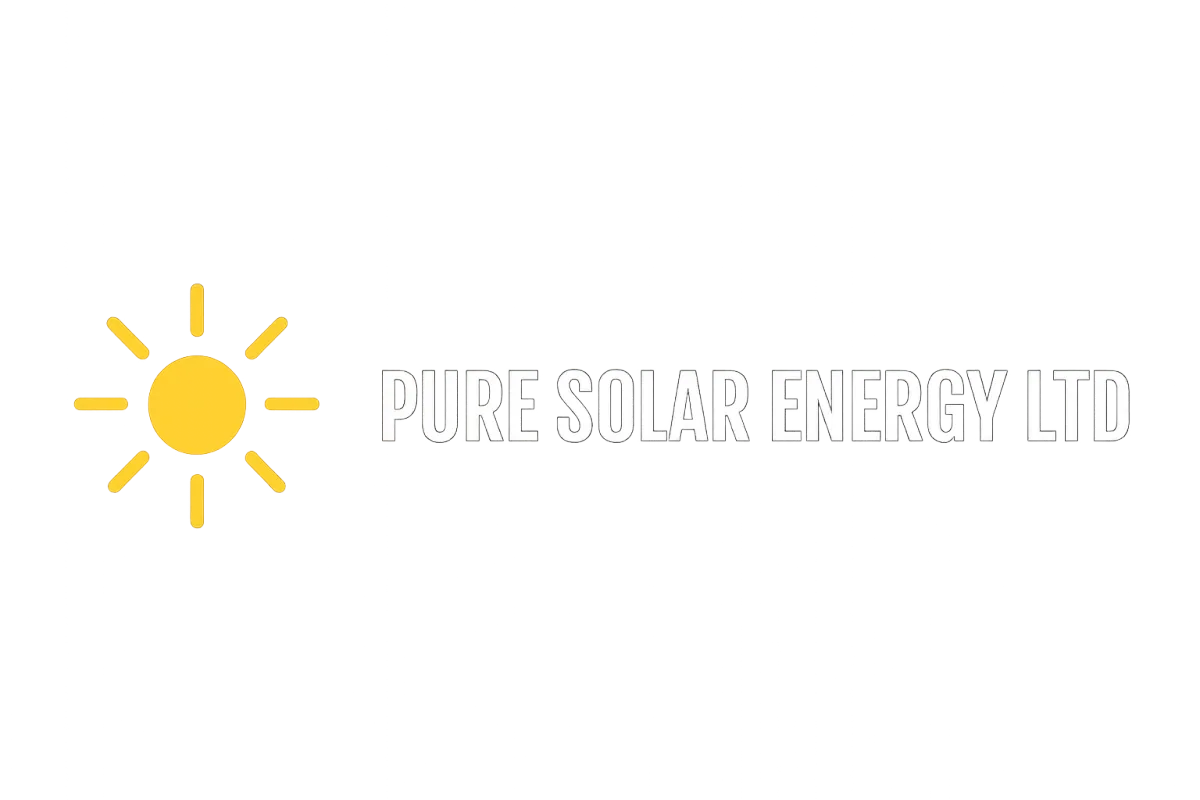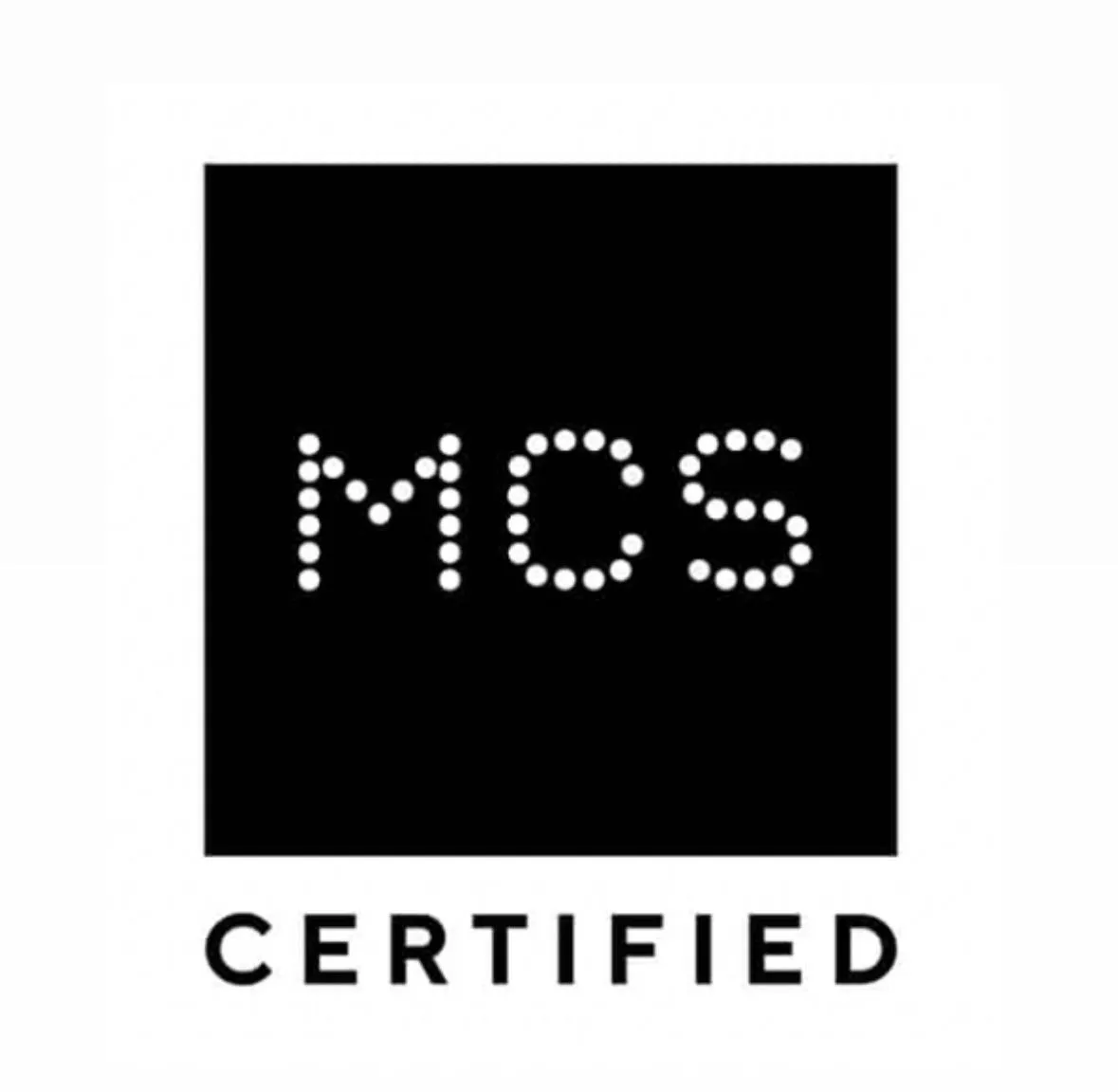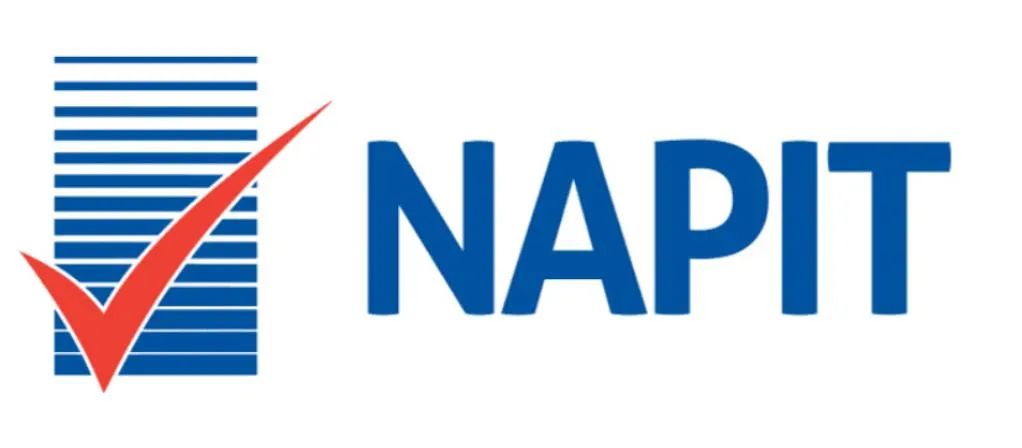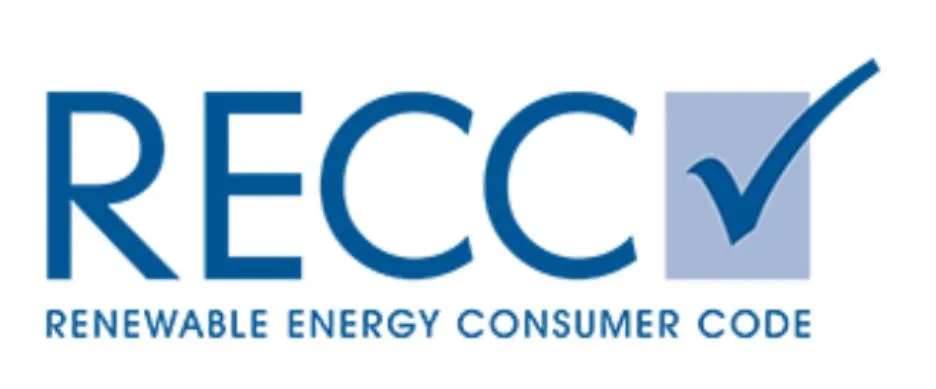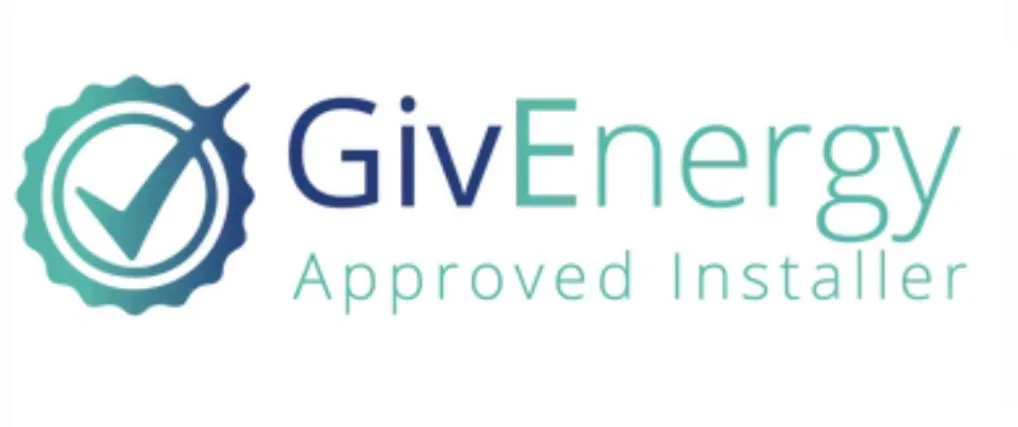Call
+44 (0) 7960 022349
Office Location
68 Bosworth Road, Cambridge England CB1 8RG
Welcome To Pure Solar Energy
Your Expert Partner
in Solar Energy Solutions.
A solar installation company you can trust.
About Pure sOLAR ENERGY
Solar energy is our heritage, and quality is our tradition. We are dedicated to delivering clean, reliable solar solutions with a steadfast commitment to excellence. Our objectives are built on years of experience and a deep-rooted passion for sustainable energy.
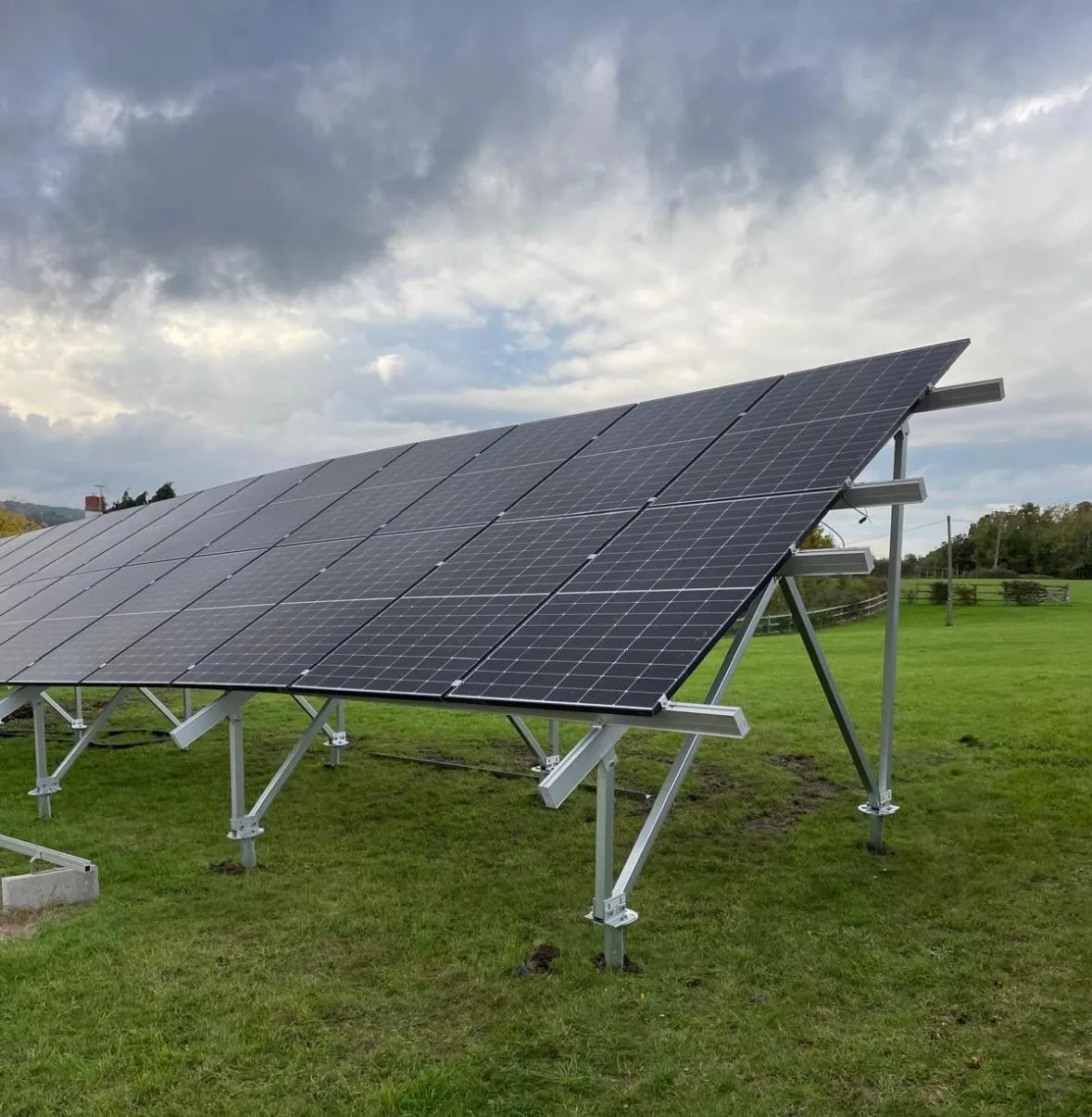
A Solar Company You Can Trust
About Pure Solar Energy
Solar energy is not just our business — it's our legacy.
At the heart of everything we do lies a passion for sustainability and a tradition of uncompromising quality. With years of industry experience, we are proud to deliver clean, efficient, and reliable solar solutions tailored to meet the evolving needs of our clients and the planet. Our commitment to excellence runs deep, driving us to innovate, improve, and uphold the highest standards in every project we undertake. Solar energy powers our future — and we’re here to lead the way with integrity, expertise, and purpose.


OUR SERVICES
High-quality Solar Services

Domestic Solar
Power your home for less with domestic solar. Cut your energy bills, reduce your carbon footprint, and enjoy clean, free electricity from the sun—day after day.
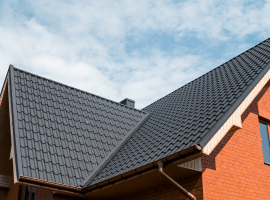

Commercial Solar
Slash your overheads and boost your green credentials with commercial solar. Generate your own clean energy, reduce reliance on the grid, and turn unused roof space into long-term savings.


PV Storage systems
Store your solar power and use it when it matters most. PV battery systems give you energy independence, lower bills, and backup power—day or night, rain or shine.
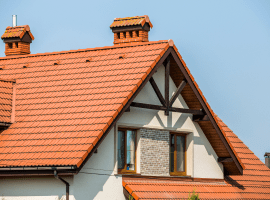
Solar Farm Systems
Maximise land value and generate long-term income with a solar farm. Harness large-scale renewable energy, reduce carbon emissions, and benefit from stable, predictable returns for decades.
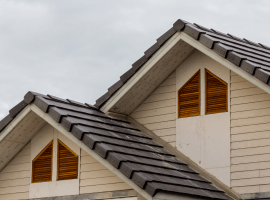
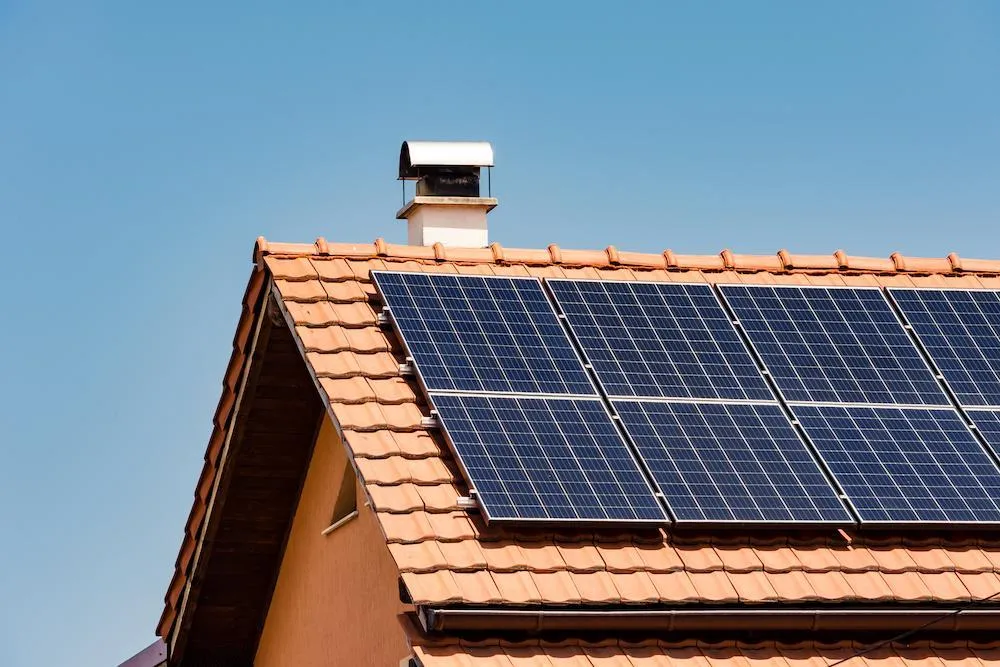
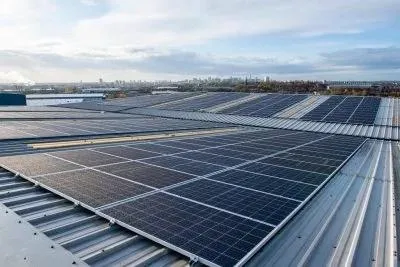
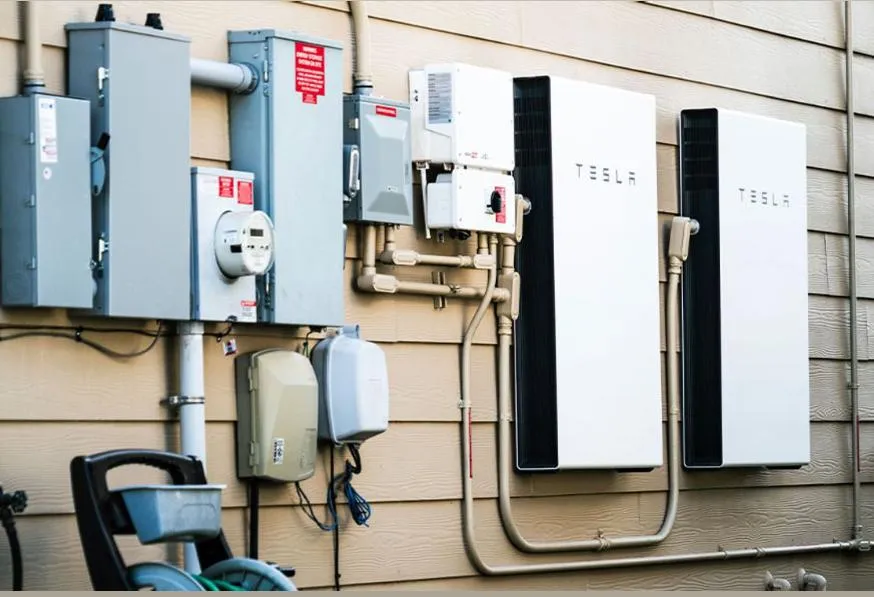
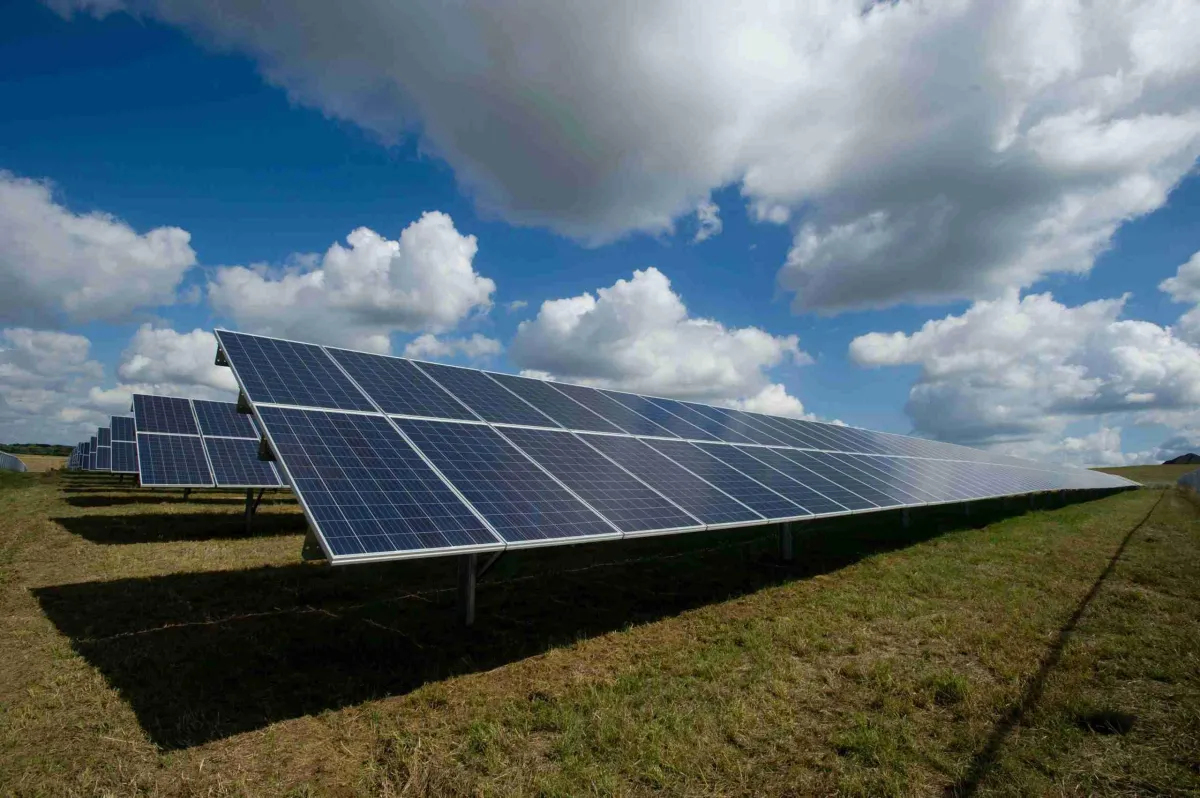
OUR SERVICES
High-quality Solar Services
Domestic Solar
Power your home for less with domestic solar. Cut your energy bills, reduce your carbon footprint, and enjoy clean, free electricity from the sun—day after day.

Commercial Solar
Slash your overheads and boost your green credentials with commercial solar. Generate your own clean energy, reduce reliance on the grid, and turn unused roof space into long-term savings.

PV Storage systems
Store your solar power and use it when it matters most. PV battery systems give you energy independence, lower bills, and backup power—day or night, rain or shine.

Solar Farm Systems
Maximise land value and generate long-term income with a solar farm. Harness large-scale renewable energy, reduce carbon emissions, and benefit from stable, predictable returns for decades.





Get A Free None Obligation Quote
Portfolio
Some of Pure Solar Energy's Projects
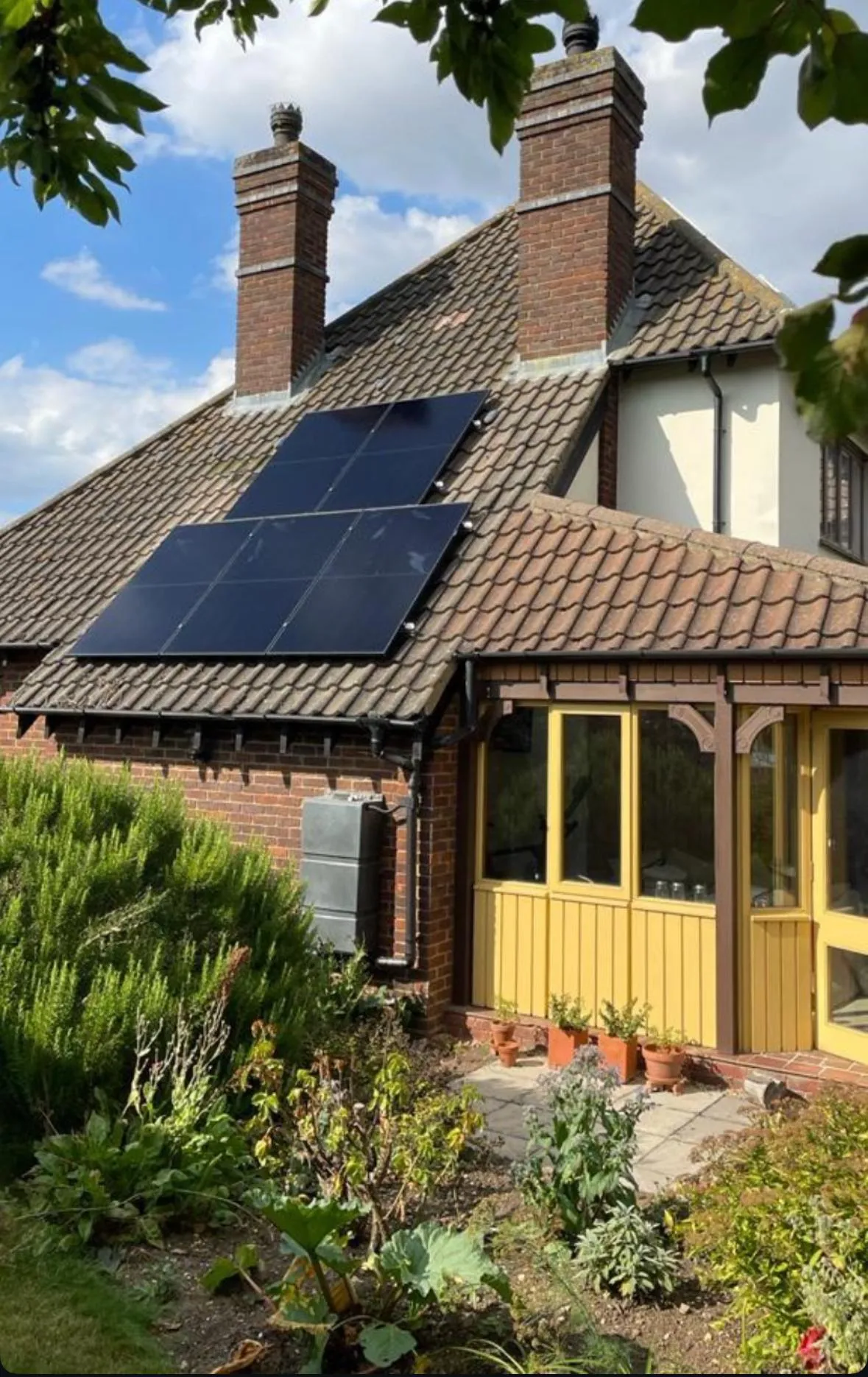
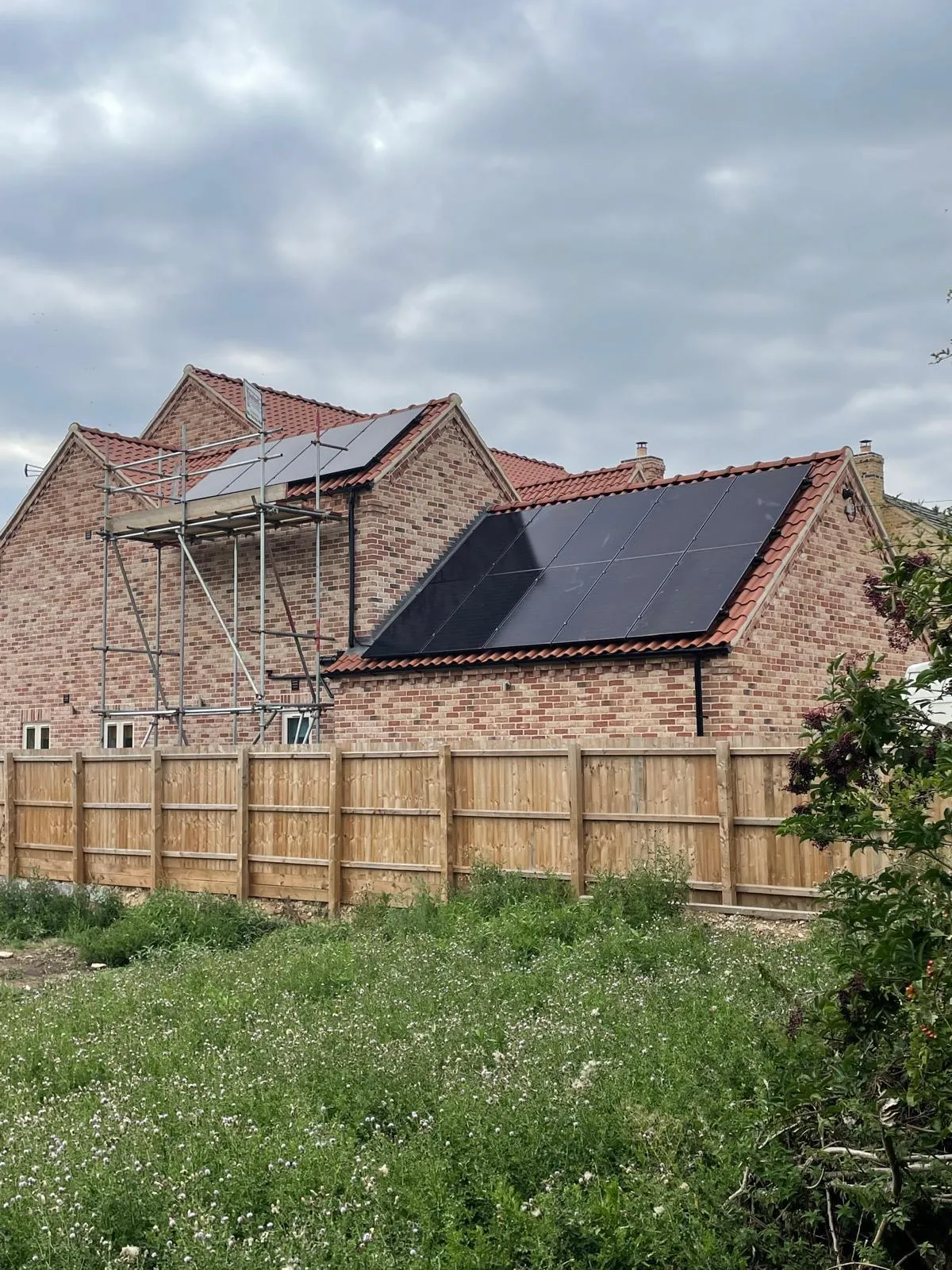
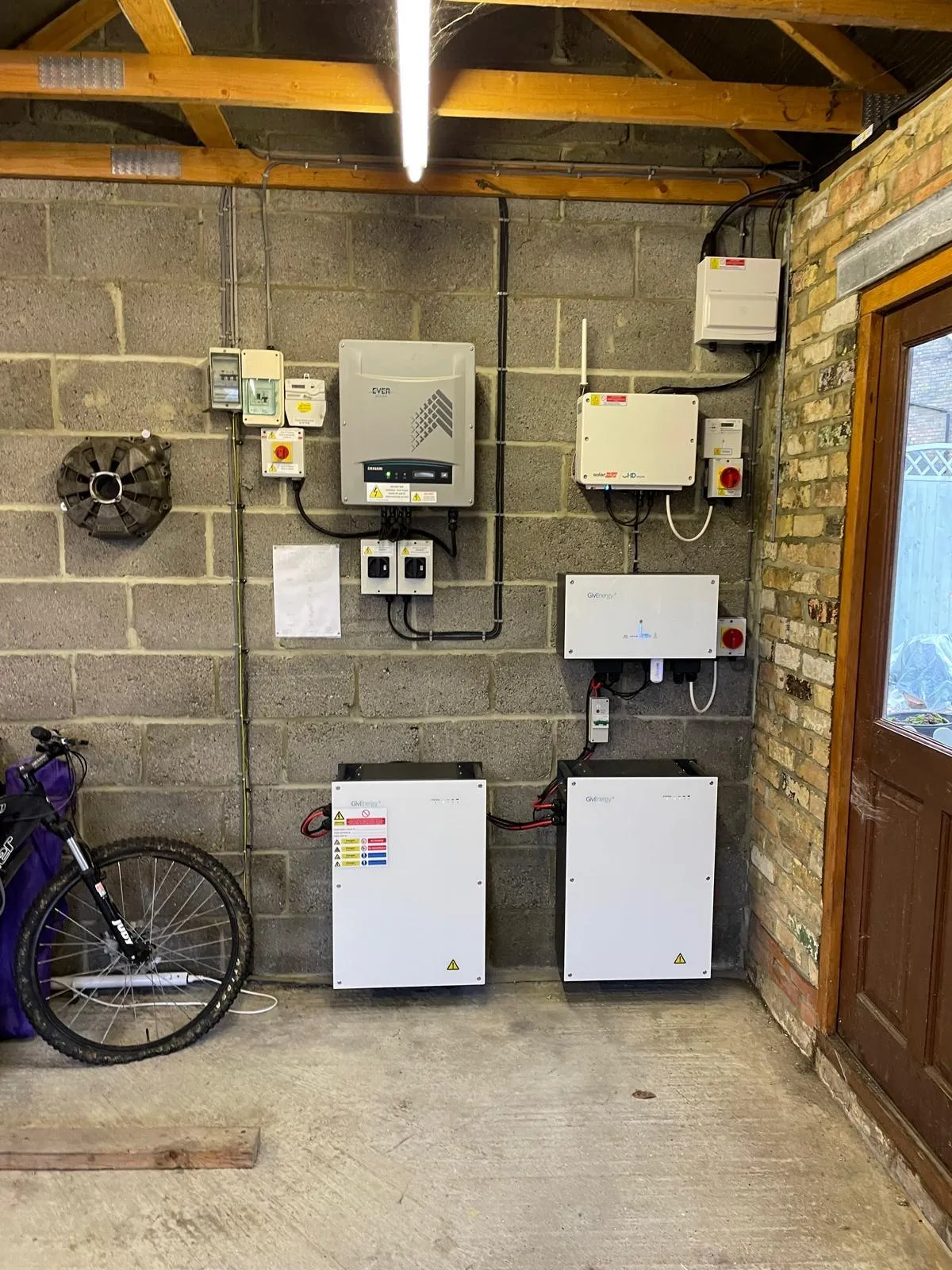
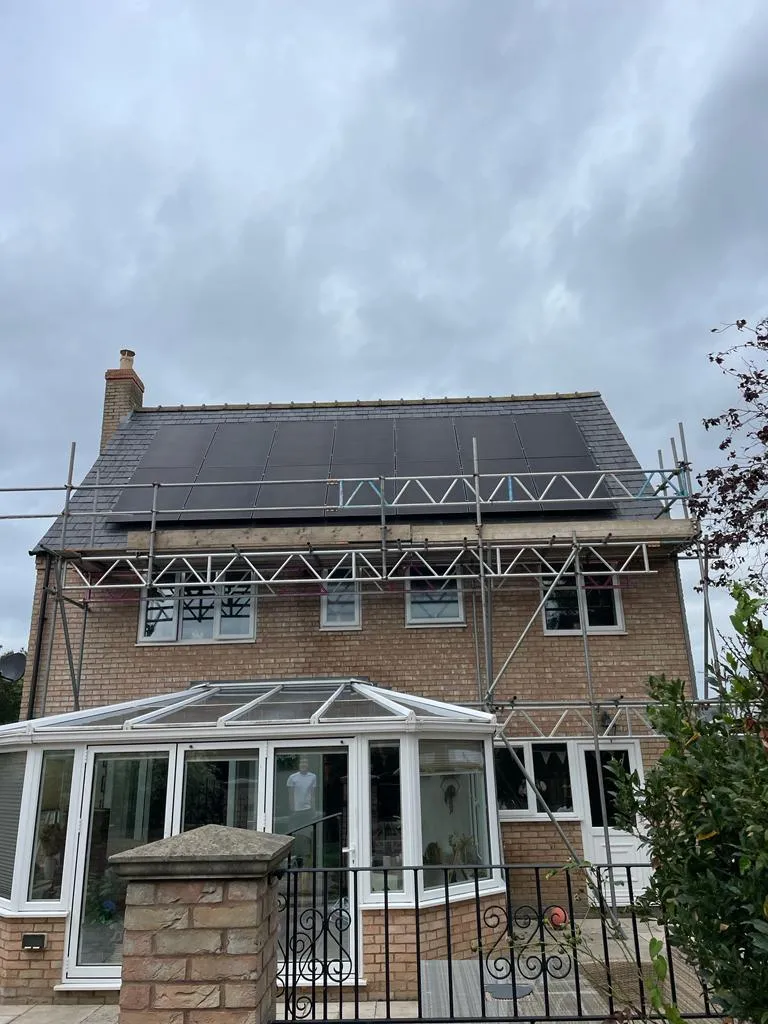
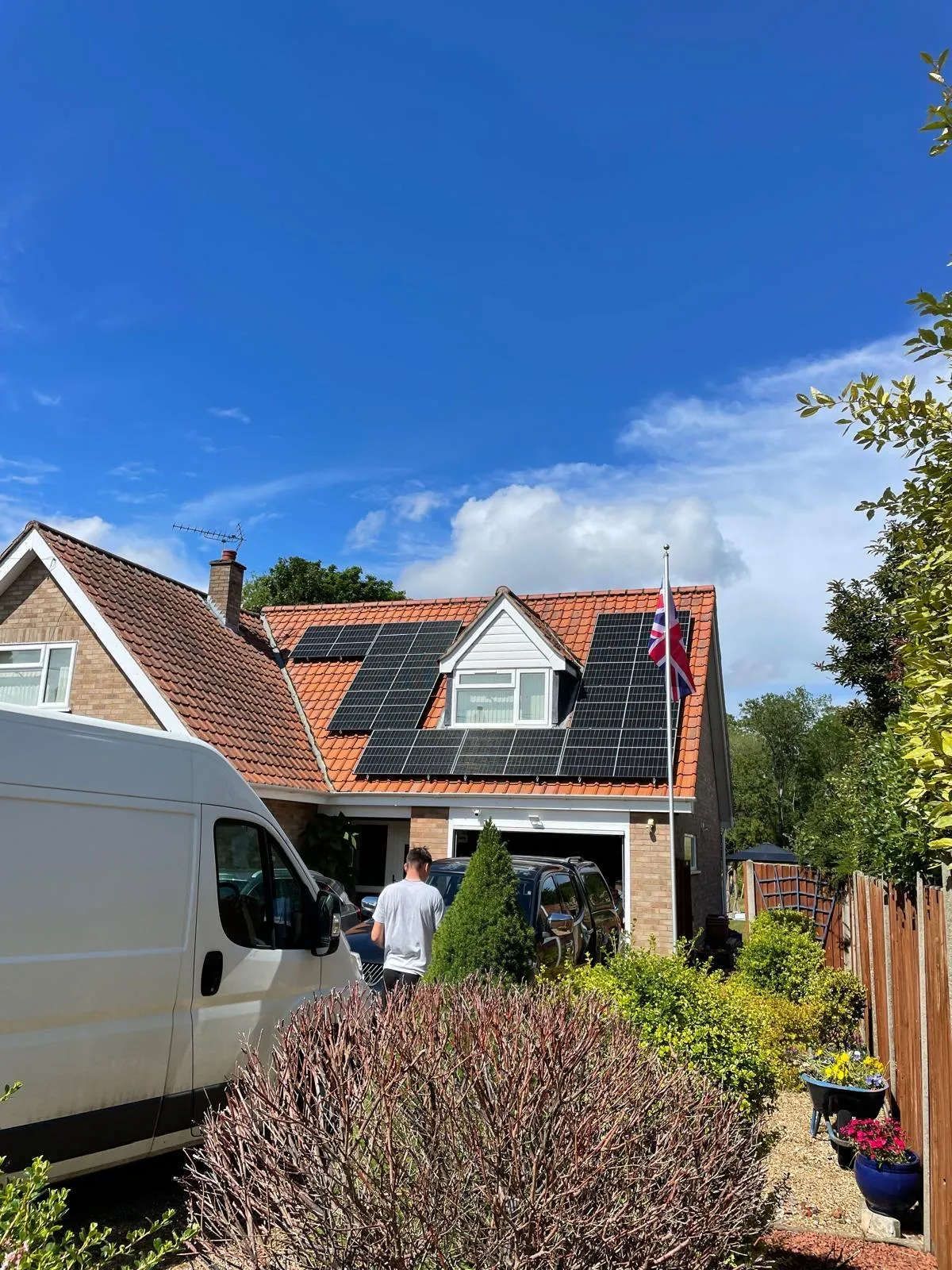
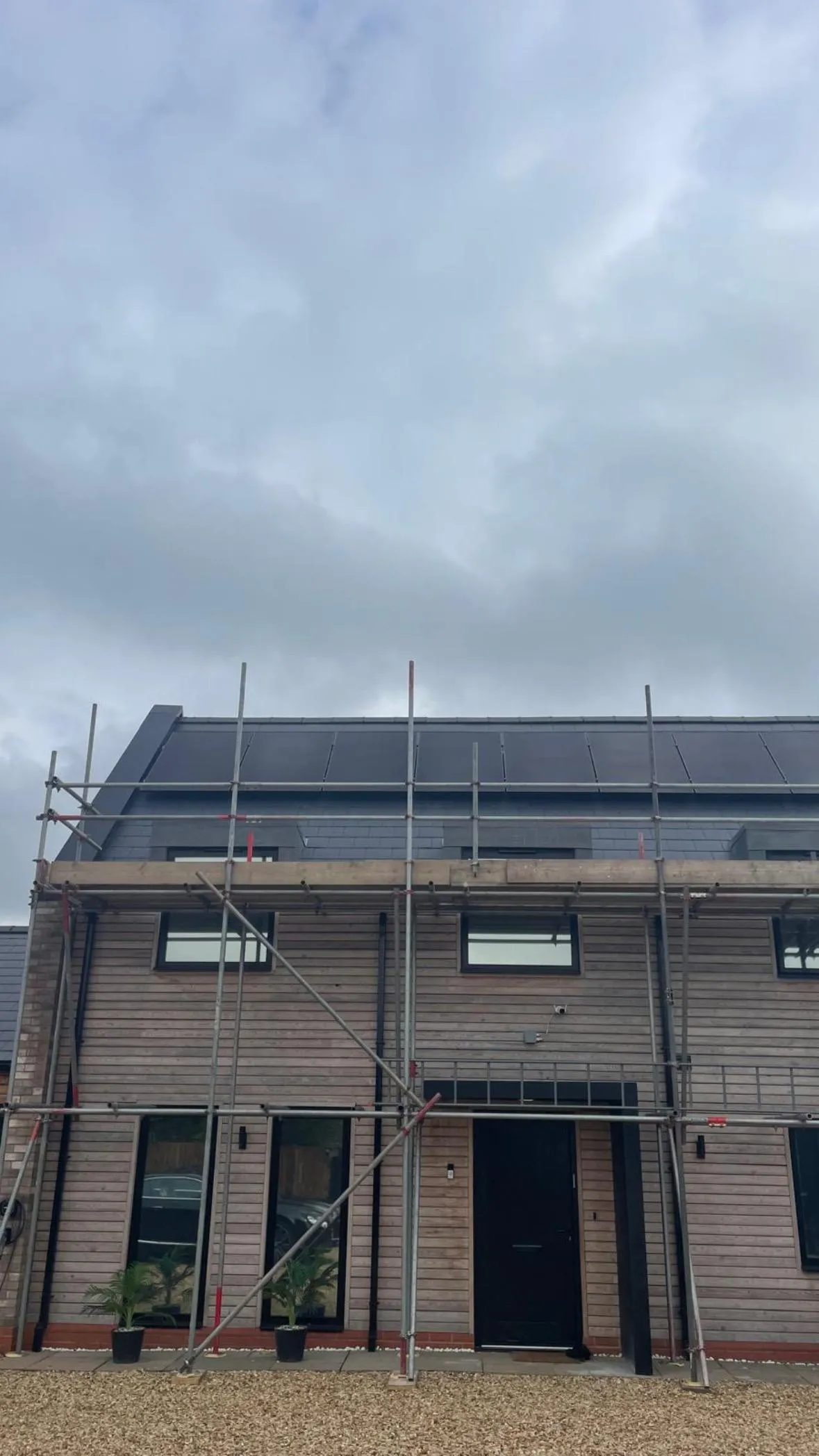
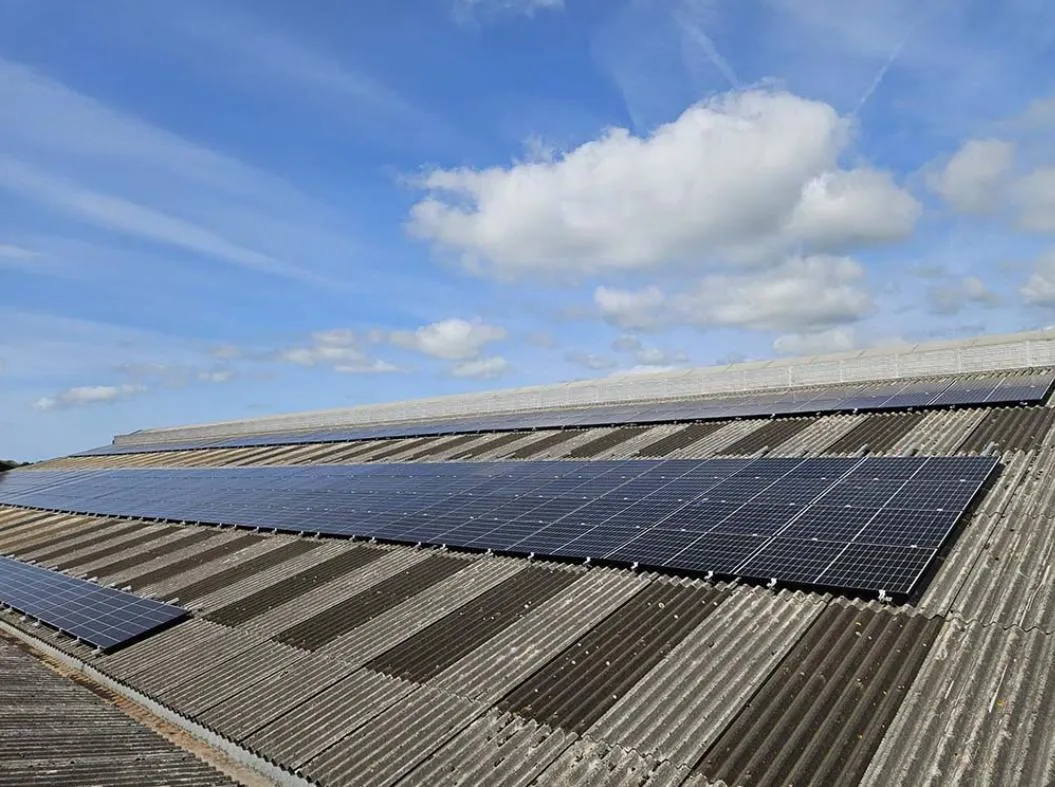
Nationwide Commercial Solar Installers
At Pure Solar, we’re dedicated to powering businesses with clean, renewable energy. As one of the UK’s leading commercial solar panel installers, our skilled team of designers, electricians, and installers is fully trained and qualified to deliver large-scale rooftop and ground-mounted solar systems.
From your initial enquiry to the final switch-on, we’re a team you can rely on—committed to making your journey to solar simple, efficient, and rewarding. With every project, we aim to deliver more than just energy savings—we deliver solar installations we’re proud to stand behind.
we only tailor systems that works for you
Our Expert Team Are Here To Help
Solar Power
Looking for a solar panel installation you can trust?
At Pure Solar, we’re experts in the design, installation, and maintenance of high-performance solar PV systems. Whether it’s a commercial or domestic project, rooftop or ground-mounted, single-site or multi-site—we deliver tailored solutions built around your needs. With years of hands-on experience and technical know-how, we create solar systems that not only perform brilliantly but look great and stand the test of time. Whatever your setting, we’ll design and install a solar PV system that works seamlessly and delivers clean energy for years to come.
Electric Vehicle Charging
Whether you're ready to drive the latest electric vehicle or preparing your business for the shift to cleaner transport, one thing’s certain—you’ll need reliable charging power.
At Pure Solar Energy, we offer three straightforward EV charging packages for homes, keeping your vehicle fully charged and ready to go. For businesses, we provide custom solutions designed around your specific needs, helping you stay ahead in the electric vehicle revolution while reducing your carbon footprint.
PV Battery Systems
Battery storage systems for solar PV setups let you store excess energy generated during the day, so you can use it whenever you need—whether it’s night time, cloudy, or during a power cut. At Pure Solar Energy, our expert designers and engineers will work with you to create a solution that fits your goals and budget—whether you're looking for added energy security or aiming to go completely off-grid.
Solar Power
Looking for a solar panel installation you can trust?
At Pure Solar, we’re experts in the design, installation, and maintenance of high-performance solar PV systems. Whether it’s a commercial or domestic project, rooftop or ground-mounted, single-site or multi-site—we deliver tailored solutions built around your needs. With years of hands-on experience and technical know-how, we create solar systems that not only perform brilliantly but look great and stand the test of time. Whatever your setting, we’ll design and install a solar PV system that works seamlessly and delivers clean energy for years to come.
Electric Vehicle Charging
Whether you're ready to drive the latest electric vehicle or preparing your business for the shift to cleaner transport, one thing’s certain—you’ll need reliable charging power.
At Pure Solar Energy, we offer three straightforward EV charging packages for homes, keeping your vehicle fully charged and ready to go. For businesses, we provide custom solutions designed around your specific needs, helping you stay ahead in the electric vehicle revolution while reducing your carbon footprint.
PV Battery Systems
Battery storage systems for solar PV setups let you store excess energy generated during the day, so you can use it whenever you need—whether it’s night time, cloudy, or during a power cut. At Pure Solar Energy, our expert designers and engineers will work with you to create a solution that fits your goals and budget—whether you're looking for added energy security or aiming to go completely off-grid.
The Latest Renewable & Solar PV News
Renewable Latest is our monthly newspaper dedicated to all things solar and sustainable energy. Each issue brings you the freshest updates from the world of renewables—featuring expert insights, real-world case studies, industry trends, and valuable guidance. Whether you're just starting your journey into clean energy or already fully powered by the sun, Renewable Latest is your go-to source for staying informed and ahead of the curve. Don't miss an issue.
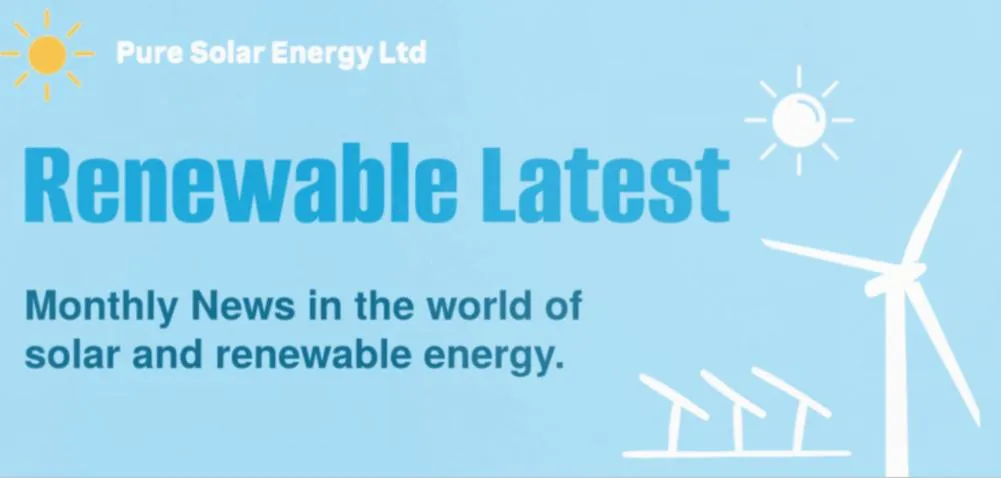
The Latest Renewable & Solar PV News
Renewable Latest is our monthly newspaper dedicated to all things solar and sustainable energy. Each issue brings you the freshest updates from the world of renewables—featuring expert insights, real-world case studies, industry trends, and valuable guidance. Whether you're just starting your journey into clean energy or already fully powered by the sun, Renewable Latest is your go-to source for staying informed and ahead of the curve. Don't miss an issue.

About
For Home
Contact
About us
Commercial
Domestic
Office Location
68 Bosworth Road, Cambridge England CB1 8RG
Office Info
+44 (0) 7960 022349

